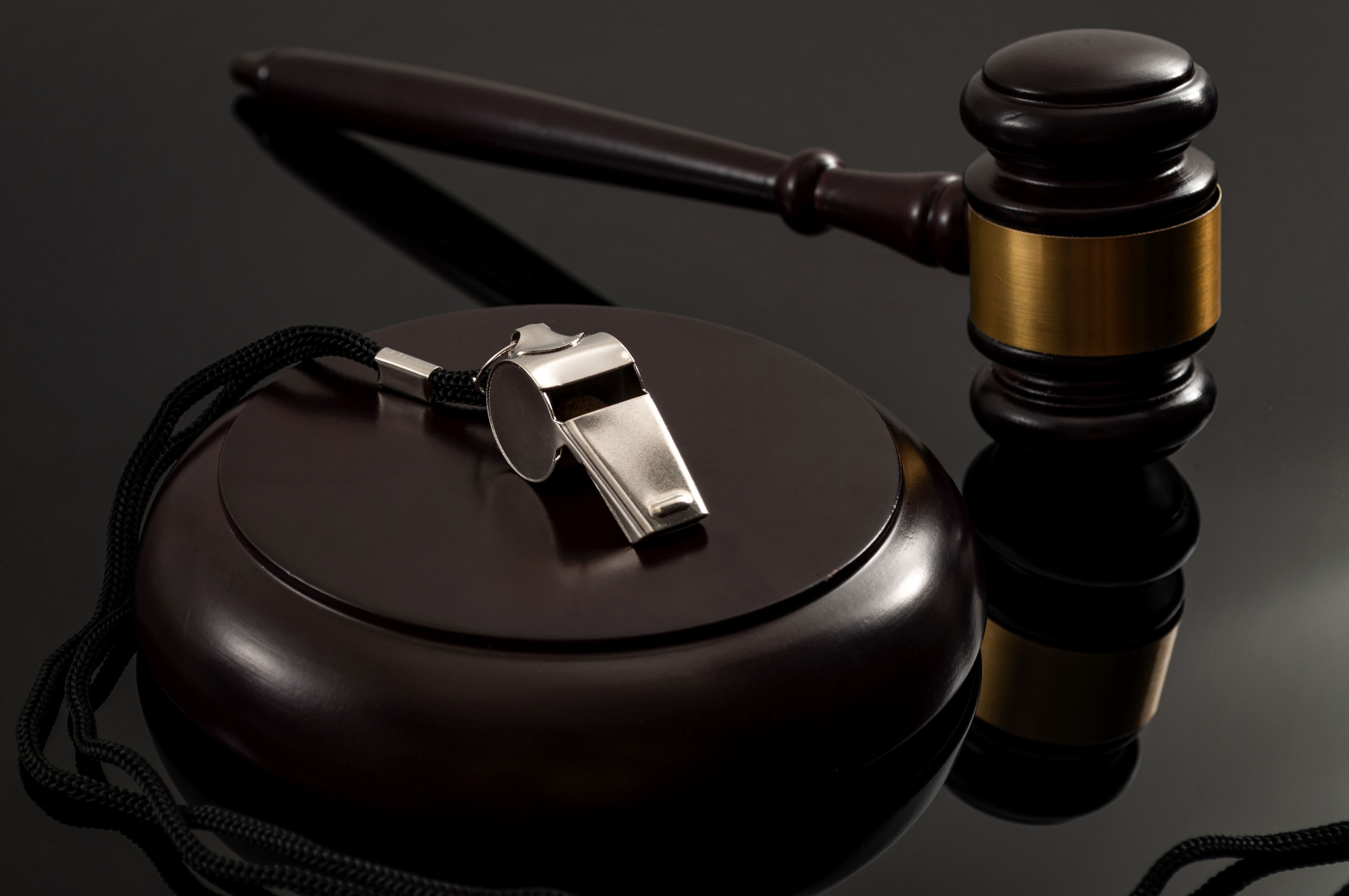We consider data protection important!
We use cookies to enhance your browsing experience, display personalized ads or content, and analyze traffic. By clicking the "Accept all" button, you consent to the use of cookies.

Act XXV of 2023 on complaints, whistleblowing and whistleblowing rules and the European Parliament and Council (EU) Abuse Reporting Directive 2019/1937 requires that businesses with more than 50 employees and a number of specified activities, including accountants, auditors, tax advisers, tax consultants, lawyers, law firms and head office providers, must have an abuse reporting protection system in place.

The system and other means of reporting should be made available to those who are entitled to complain through it.
For a number of professions, the professional chambers have undertaken to operate a central whistleblowing protection system for their members. This has also been the case for the lawyers' and accountants' advocacy organisations.
Dr. György Zalavári, attorney at law, also points out that a complaint under the Complaints Act can typically be filed orally, by telephone or in person, in writing, by postal letter or e-mail, and even through a special online filing interface.
The channels for reporting can be made known to the affected parties through online, electronic and offline paper-based solutions. A good solution is to publish it on the company's website or send it by e-mail. It is essential that some form of acknowledgement of the obligation is provided to the obliged company by the data subject. For those with whom the company has personal relations, the simplest form of accountability is to hand over the paper and sign a receipt. But an electronically signed reply message is now easily obtainable.
Who can make an anonymous or named declaration? Who should be notified?
We have tried to bring together the stakeholders entitled to lodge a complaint below:
(a) employees employed by the undertaking or persons employed under a contract of agency or a contract for work on behalf of the undertaking,
(b) an employee whose employment relationship with the undertaking has been terminated,
(c) a person wishing to enter into an employment relationship with the undertaking in respect of whom the procedure for the establishment of such a relationship has been started,
(d) a self-employed person, a sole proprietorship or a sole proprietorship if it has a contractual relationship with the undertaking,
(e) a person who holds a participation in the undertaking and a member of its administrative, management or supervisory body, including a non-executive member,
(f) a contractor, subcontractor, supplier or person under the supervision and control of a trustee who has entered into a contractual relationship with the undertaking, or who is or has been in a contractual relationship with the undertaking,
(g) trainees and volunteers working with the undertaking,
(h) a person who wishes to enter into a legal relationship or contractual connection with the undertaking within the meaning of points (d), (e) or (f) and in respect of whom the procedure for the establishment of such a legal relationship or contractual connection has been initiated, and
(i) a person who has ceased to have a legal or contractual relationship with the undertaking within the meaning of points (d), (e) or (f).
It is important to note that the company's customers do not belong to the above group, they have other procedures and channels for reporting their comments and complaints.